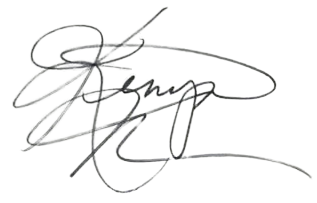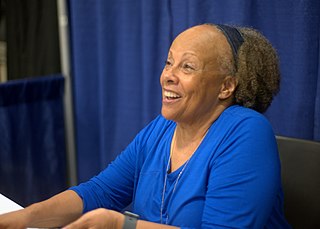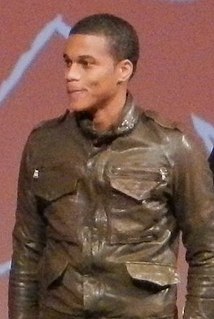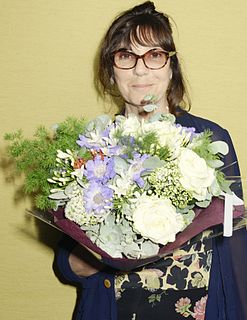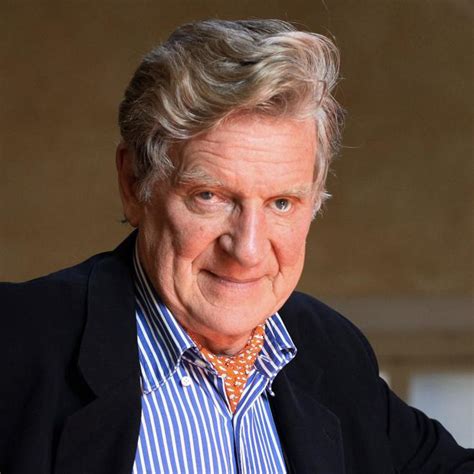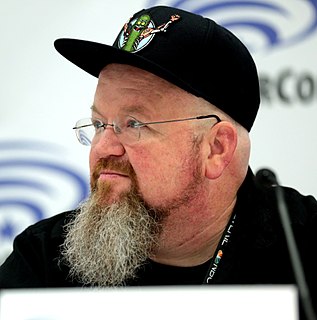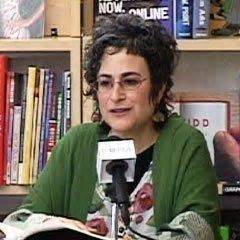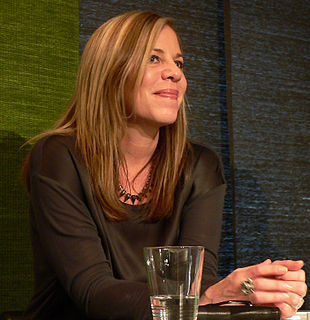A Quote by Kenya Moore
Since birth, my mother made the decision at age 16 to pretend she never had me. She has never spoken to me. Even if present in the same room with other people and family, she pretends that I simply don't exist. She pretends I'm invisible.
Related Quotes
...fact was she knew more about them than she knew about herself, having never had the map to discover what she was like. Could she sing? (Was it nice to hear when she did?) Was she pretty? Was she a good friend? Could she have been a loving mother? A faithful wife? Have I got a sister and does she favor me? If my mother knew me would she like me? (140)
She looked at him then, but his image blurred behind tears that swelled into her eyes. She must leave. She must leave this room, because she wanted to hit him, as she had sworn she never would do. She wanted to cause him pain for taking a place in her heart that she wouldn't have given him if she'd known the truth. "You lied to me," she said. She turned and ran from the room.
One thing I did have under my belt was, my mother lost her mother when she was 11. She mourned her mother her whole life and made my grandmother seem present even though I never met her. I couldn't imagine how my mom could go on but she did, she took care of us, she worked two jobs and had four children. She was such a good example of how to conduct oneself in a time of grief. When I lost my husband, I tried to model myself as much as I could on her.
The greatest finish line for me was finishing college - it was a pact I made with my mother, during a time when she fell ill. That happened during my Freshman year, and unfortunately she never saw me compete in the Olympics. But she really wanted me to finish college, because she never finished Junior High.
SHE is neither pink nor pale, And she never will be all mine; She learned her hands in a fairy-tale, And her mouth on a valentine. She has more hair than she needs; In the sun ’tis a woe to me! And her voice is a string of colored beads, Or steps leading into the sea. She loves me all that she can, And her ways to my ways resign; But she was not made for any man, And she never will be all mine.
No, she knows you're here. She can see through the camouflage. But I think she's hiding something from me, and I'm waiting for the other shoe to drop. Never mind. Just listen. Once she drinks the tea, she will try ot surprise me with something. She is waiting for the contrast to be fully in effect before she says anything. I knew I never should have let you watch The Wizard of Oz.
Courage looks you straight in the eye. She is not impressed with power trippers, and she knows first aid. Courage is not afraid to weep, and she is not afraid to pray, even when she is not sure who she is praying to. When she walks it is clear she has made the journey from loneliness to solitude. The people who told me she was stern were not lying. they just forgot to mention she was kind.
She came into a room; she stood, as he had often seen her, in a doorway with lots of people round her. But it was Clarissa one remembered. Not that she was striking; not beautiful at all; there was nothing picturesque about her; she never said anything specially clever; there she was however; there she was.
It wasn't about how she looked, which was pretty, even though she was always wearing the wrong clothes and those beat-up sneakers. It wasn't about what she said in class--usually something no one else would've thought of, and if they had, something they wouldn't have dared to say. It wasn't that she was different from all the other girls at Jackson. That was obvious. It was that she made me realize how much I was just like the rest of them, even if I wanted to pretend I wasn't.
Everything just feels so empty without her. She was more a parent to me than my birth parents were. She took me in, fed, dressed me, but most importantly, she treated me with respect. She taught me that my abilities were nothing to be ashamed of, nothing I should try so hard to deny. She convinced me that what I had was a gift-not a curse- and that I shouldn't let other people's narrow minds and fears determine how I love, what I do, or how I perceive myself in the world. She actually made me believe that in no way, shape, or form did their uninformed opinions make me a freak.
A lot of people say that Eleanor Roosevelt wasn't a good mother. And there are two pieces to that story. One is, when they were very young, she was not a good mother. She was an unhappy mother. She was an unhappy wife. She had never known what it was to be a good mother. She didn't have a good mother of her own. And so there's a kind of parenting that doesn't happen.
